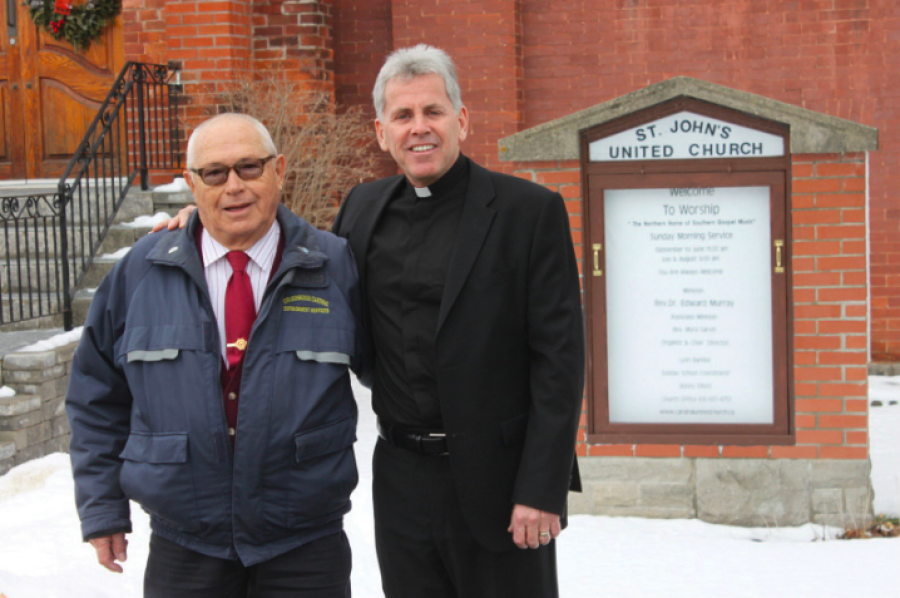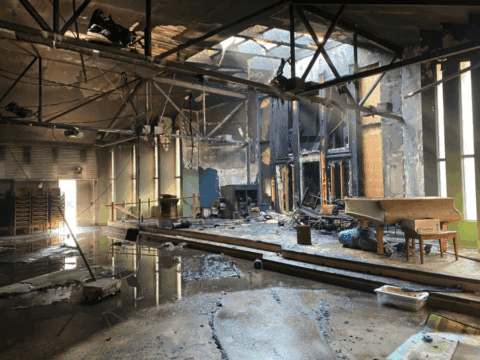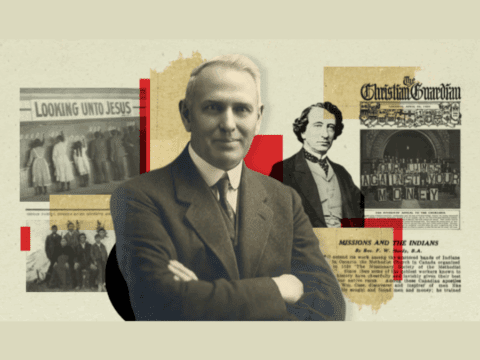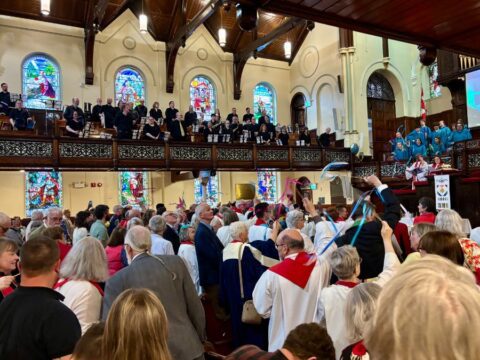St. John’s United in Cardinal, Ont., has turned its old building into a new ministry. The rural church recently launched First Responders United, a program for front-line personnel, such as police officers, firefighters and paramedics, who are dealing with post-traumatic stress disorder (PTSD). They will stay at the church for counselling and support during five-day residential retreats.
“At one time, there were over 200 children in our 10 Sunday school classrooms,” says Rev. Edward Murray. “If we were to bring back Billy Graham and Martin Luther King Jr. on the same Sunday, I still don’t think we could get that many children in Sunday school again.” Typical attendance is now fewer than a dozen kids.
And so, with the blessing of the board and the participation of the congregation, the church renovated the unused space. Rooms that once served as classrooms were converted to sleeping quarters. Other areas became shared spaces, hosting retreat participants during the week and reverting to church use on Sundays.
“There are very limited programs in the country that are geared specifically for first responders.”
Murray, who is also a clinical psychologist and a former member of the Ontario Provincial Police, hopes the ministry can reach some of the estimated 10 to 20 percent of first responders affected by PTSD, who might not otherwise be able to get treatment.
“There are very limited programs in the country that are geared specifically for first responders,” he says, adding that these programs are very costly. “A lot of individuals don’t necessarily have insurance coverage that will pay for the kind of treatment they need. What we hope to do is provide the opportunity at a very low cost — or, if they don’t have insurance, they can come for free.”
The first retreat was held in late February. Of the eight sessions available for 2018, four have already been booked.














